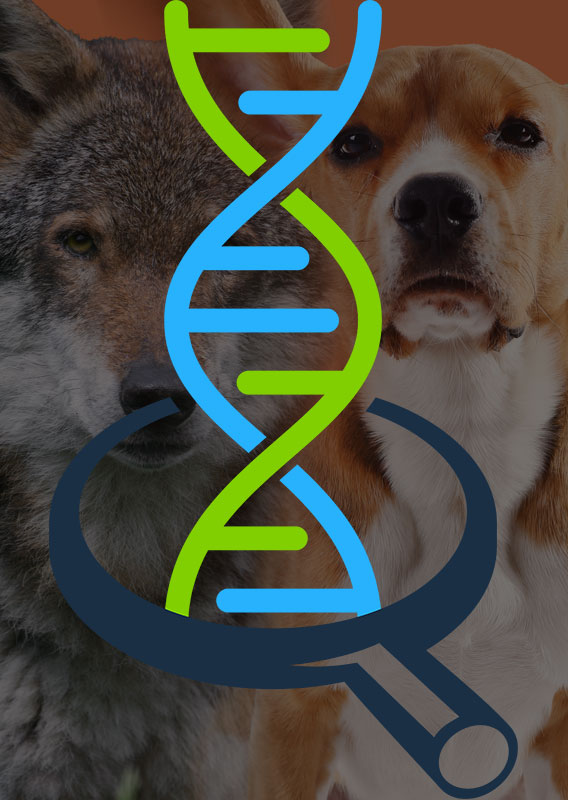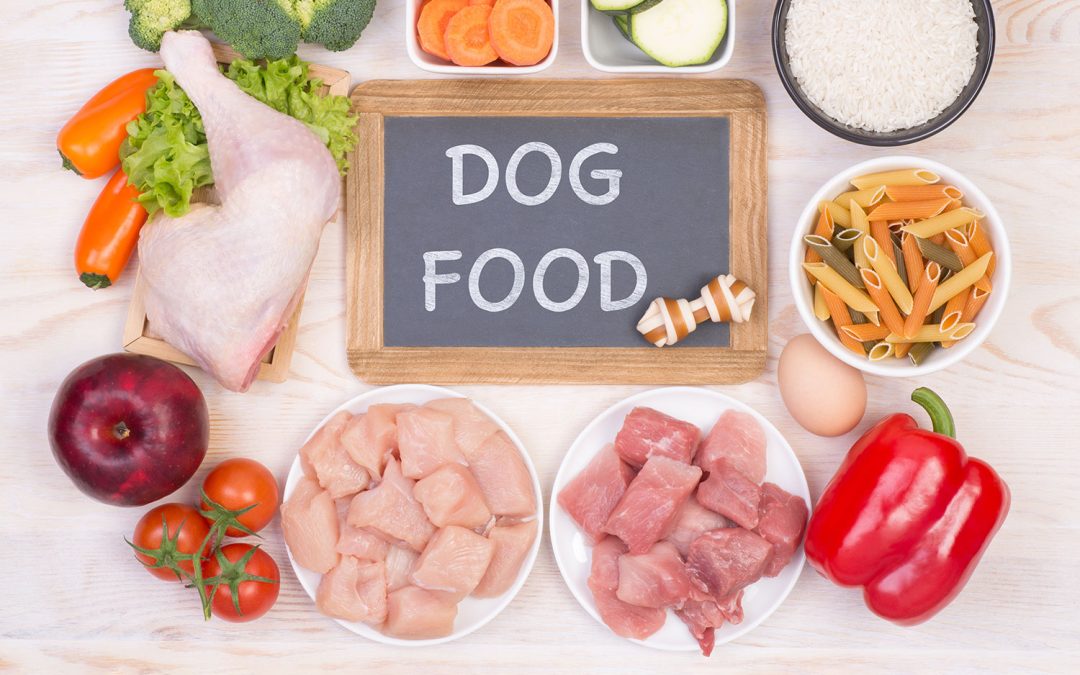Giving your canine family member a diet of just one food group like meat will be nutritionally incomplete and will affect your dogs health and wellbeing. It can lead to any number of damaging nutrient deficiencies as well as dental problems.
To keep them strong and healthy, we need to cover all nutritional bases for them and sometimes this also means additional supplements. Getting the fibre found in vegetables too will also keep their digestive system in good working order.

‘Evolutionary’ or ‘ancestral’ -type diets like the BARF diet, other heavily meat-based commercial formulations or home-made preparations are nutritionally incomplete lacking established minimum requirements for calcium, zinc, copper, potassium, magnesium, manganese, and vitamins A and D.
Just meat for my furry friend?
According to the AAFCO (Association fo American Feed Control Officials), dogs can obtain essential nutrients from both plant-based and animal ingredients.
There is a current trend of feeding dogs ‘evolutionary’ or ‘ancestral’ -type diets like the BARF diet (wholly bones and raw meat-based and grain-free diets) and other heavily meat-based commercial formulations or home-made preparations but these are nutritionally incomplete. They lack established minimum requirements for calcium, zinc, copper, potassium, magnesium, manganese, and vitamins A and D. A diet consisting of both animal sources and plant-derived ingredients such as vegetables, fruits, grains, legumes, nuts and seeds, cover all bases of nutrients dogs need. And, unless your dog is diseased or requires a specific diet in consideration of this, dogs are genetically capable of absorbing nutrients of both plants and animal foods.
A study by Axelsson et al., (2013) involving genome sequencing showed dogs’ domestication from wolves involved 3.8 million genetic variations and gene adaptations that allow starch digestion and fat metabolism. The genes selected for amylase, maltase, and intestinal glucose transporters that allow for starch digestion are far more prevelant in dogs than in wolves and an important adaptation in their domestication process that enables them to thrive on a varied diet of plant and animal foods.
Plant-based ingredients and phytonutrients (carotenoids, polyphenols, and phytosterols) play an important role in your dog’s nutrition and health.
If you are giving your pup a predominantly meat-based diet, start mixing in some vegetables like carrots, green beans, asparagus or broccoli, or try an addition of fruit such as apples, bananas or strawberries. These will help nourish them and help cover all nutritional bases.
For Omega-3s which are essential to your doggo’s health and wellbeing, supplement with one of Runaway Pets’ specially formulated nutritional oil to keep your dog’s joints, heart, eyes, and skin in their best working order. And, if your pet is prone to the winter maladies, try our Skin & Immunity to give them that extra bit of support to ward off those nasties. It’s also a good idea to boost their immunity if you know they’ll have a kennel stay coming up.
The National Research Council (NRC) of the U.S. National Academy of Sciences provides a summary of the evidence and basis of essential nutrient recommendations for dogs; these are largely incorporated into the regulatory guidelines of the Association of American Feed Control Officials (AAFCO), which establishes nutrient profiles for different life stages, including adult dogs for maintenance, growth and/or reproduction.
References:
Axelsson, E., Ratnakumar, A., Arendt, ML. et al. The genomic signature of dog domestication reveals adaptation to a starch-rich diet. Nature 495, 360–364 (2013). https://doi.org/10.1038/nature11837
Tanprasertsuk J, Tate DE, Shmalberg J. Roles of plant-based ingredients and phytonutrients in canine nutrition and health. J Anim Physiol Anim Nutr (Berl). 2022 May;106(3):586-613. https://doi.org/10.1111/jpn.13626
National Research Council (2006). Nutrient Requirements of Dogs and Cats. Washington, D.C.: The National Academies Press. 10.17226/10668https://nap.nationalacademies.org/catalog/10668/nutrient-requirements-of-dogs-and-cats
Association of American Feed Control Officials (2019). 2019 AAFCO Official Publication. Association of American Feed Control Officials. https://www.aafco.org/resources/official-publication/



See what others say